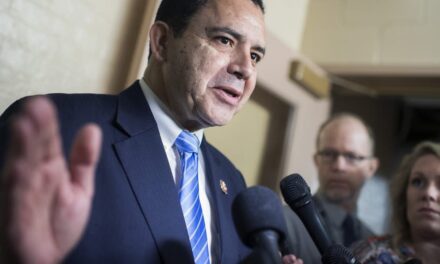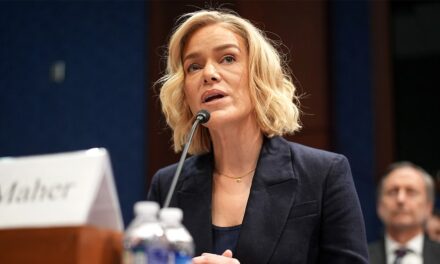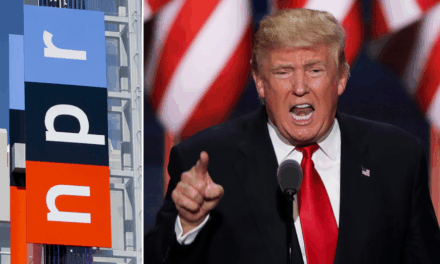In a recent episode of his popular podcast, Joe Rogan took aim at Canada’s political landscape after the Liberal Party secured another term in government. This ongoing situation has drawn a notable amount of attention, especially from critics who question the decision-making processes of Canadian voters. Rogan, known for his candid, often controversial opinions, expressed disbelief over the public’s choice in electing the Liberal Party once again.
The Liberals, led by Prime Minister Justin Trudeau, have faced scrutiny for various issues ranging from economic management to handling of indigenous rights and climate policy. Rogan voiced his frustrations while discussing Canada’s political choices, calling out the reelection as a baffling decision. His tone was undeniably critical, framing the decision as one made by ‘dumba–‘ voters who he believes failed to consider the adverse impacts the Liberal Party has had on the country.
During the podcast episode, Rogan examined how similar issues could arise within both Canada and the United States, reflecting on how political figures can maintain power despite dissatisfaction from the electorate. He argued that many citizens seem to overlook crucial realities, potentially allowing for the continuation of poor governance. The conversation highlighted the disillusionment that often accompanies democratic processes, where leaders can be reelected despite widespread criticism.
Furthermore, during the same episode, he addressed the absence of a Conservative candidate who refused to join him on the show. Rogan’s frustration was palpable as he noted that this refusal to participate in candid discussions reflects poorly on that candidate’s openness to public discourse. He expressed that engaging with various political views is pivotal for a healthy democracy, and a lack of willingness to confront opposing opinions could very well signify a candidate’s weakness.
This situation with the Conservative candidate underscores the bigger picture of how politicians are navigating the modern political landscape. As Rogan put it, avoiding platforms such as podcasts could be detrimental to a candidate’s image, especially in a time when many voters are seeking authentic connections with their representatives. In this context, he made a case for why politicians must embrace opportunities to directly address the public, even if it means facing difficult questions.
The Canadian political environment is marked by divisions not unlike those seen in the United States. Rogan’s commentary on the Liberal Party’s reelection and the Conservatives’ inability to secure a place in public discourse presents an opportunity to examine how political choices largely reflect the citizens’ sentiments. These choices often reveal much about societal values, prioritization of issues, and the general mood of the electorate.
Critically, Rogan’s analysis brings to light the disconnect that can arise between politicians and constituents, particularly when lawmakers are viewed as out of touch with the populace’s needs. His pointed remarks invite discussions around voter education, engagement strategies, and the importance of transparency from political figures. When voters can see how decisions impact their lives, the expectation grows that elected representatives will engage more meaningfully with the community they serve.
In response to Rogan’s comments, social media saw a surge of reactions. His followers largely echoed his sentiments, arguing that no political party should become complacent, especially when faced with critical issues affecting daily lives. Others, however, strongly opposed Rogan’s approach, labeling it as mocking rather than constructive. This dichotomy illustrates how political discourse can swiftly polarize audiences, a common trend in today’s media landscape.
The dynamic between Rogan and the Conservative candidate also highlights a significant issue regarding the willingness of political figures to engage with alternative media. Podcasts have become an influential platform, allowing more nuanced dialogues to unfold. By choosing not to partake, the candidates risk alienating a segment of the population that seeks more thoughtful engagement rather than traditional soundbites often delivered during standard media appearances.
Further complicating the political narrative in Canada is the symbolism tied to the Liberal Party’s continued governance in light of controversies during their tenure. Issues around economic management during the pandemic, rising living costs, and social equity have made many question how the public reconciles their grievances with their voting behavior. Rogan’s criticism adds fuel to the fire, suggesting a lack of accountability might embolden political parties to overlook pressing public concerns if they continue to secure electoral victories.
In his podcast, Rogan’s tone hinted at a broader commentary regarding the state of democracy across North America. It calls into question how electoral systems can justify the re-election of parties that face considerable criticism. Would a real push for change be possible if voters remain loyal despite unsatisfactory governance? Would constructive criticism from prominent media figures lead to more significant electoral shifts, or will it merely serve as entertainment? These questions linger in the backdrop of the ongoing discussions spurred by Rogan’s comments.
Equally, the future of the Conservative Party in Canada may well depend on how effectively they can position themselves in the changing political landscape. The refusal of their candidate to engage in open discourse could reflect a more profound strategy, but whether that strategy resonates with the electorate remains to be seen. Rogan’s sharp remarks may serve as a wake-up call for political candidates to consider how they interact with media, particularly platforms that resonate with younger voters who favor authenticity over traditional party lines.
As the discussion unfolds, Rogan’s insights could challenge not just Canadian politics but the global dialogue concerning voter engagement and accountability. There lies an opportunity for all political parties to reflect on their public relations strategies, understanding that resistance to criticism may limit their ability to connect with voters genuinely.
In conclusion, Joe Rogan’s podcast episode serves as a fascinating commentary, criticizing the reelection of the Liberal Party in Canada while addressing the shortcomings of the Conservative Party. Through his lens, audiences are encouraged to reflect on crucial issues surrounding governance, voter engagement, and responsibility among elected officials. As the political climate evolves, it remains to be seen how these discussions might shape future electoral choices in Canada and beyond.
































